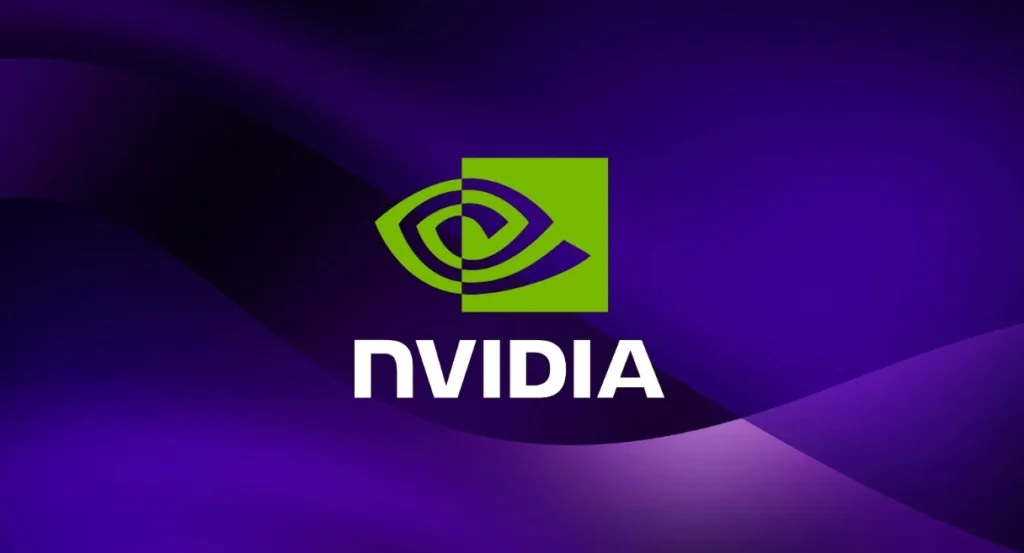NVIDIA has introduced Nemotron-4 340B, a new toolset for synthetic data generation to train LLMs across multiple industries

Developers can access high-quality training data at a comparatively low cost by utilizing Nemotron-4 340B, a permissive open model.
This approach guarantees the enhanced efficiency and reliability of the customized LLMs utilized in diverse industries, such as finance, healthcare, and retail, and it also expands the availability of highly professional training materials.
AI Training with Nemotron-4 340B
LLMs’ end-to-end training requirements are the primary focus of the Nemotron-4 340B models. The base, instruct, and reward models are all essential components of the synthetic data generation process.
The models are designed to be compatible with NVIDIA’s NeMo framework, an open-source solution encompassing all LLM training phases, including data preparation and assessment. Additionally, the TensorRT-LLM library by NVIDIA is employed to optimize the implementation of these models for inference.
In parallel, NVIDIA has expanded its AI technology capabilities with the release of Nemotron-4 340B on Hugging Face and intends to make it available on ai.nvidia.com as a component of the NVIDIA NIM microservice.
Developers can effortlessly incorporate these tools into their systems, irrespective of their field of expertise, due to this accessibility.
The Nemotron-4 340B Reward model, recognized for enhancing data quality, is currently dominant in the Hugging Face RewardBench leaderboard. This acknowledgment emphasizes the models’ ability to improve the AI-generated data in terms of coherence, correctness, and helpfulness.
NVIDIA’s Market Dominance and Prospects
Due to these technological advancements, NVIDIA continues to fortify its position in the AI market.
NVIDIA has recently surpassed Apple in market capitalization, briefly becoming the world’s second most valuable publicly traded corporation with a market capitalization exceeding $3 trillion.
This milestone indicates NVIDIA’s ongoing dominance in the AI chip market, which is estimated to be 80%. The company’s AI technology advancements have significantly impacted the data center business, which experienced a 427% increase in revenue from the previous year.
